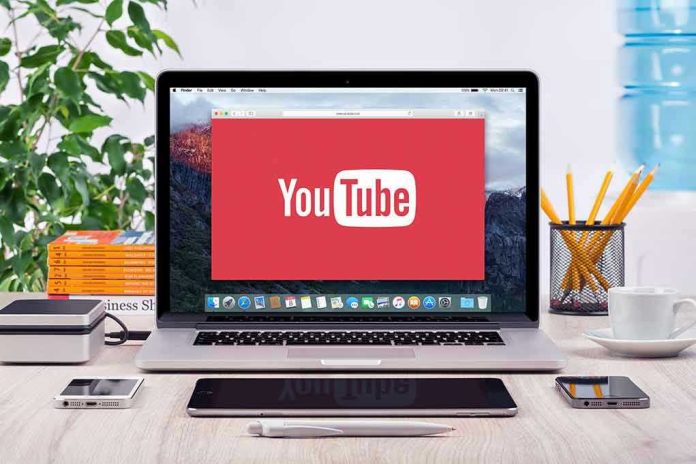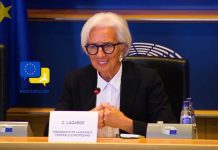
YouTube’s multimillion-dollar settlement with President Trump sends shockwaves through Big Tech, signaling a major victory for free speech advocates after years of censorship battles.
Story Snapshot
- YouTube agreed to a substantial payout to settle President Trump’s censorship lawsuit, making it the last tech giant to capitulate.
- The settlement marks a pivotal win for conservative voices concerned about online censorship and Big Tech overreach.
- Trump’s administration frames the outcome as a restoration of First Amendment protections.
- Analysts see this as a warning to other platforms that stifling conservative speech can carry significant costs.
YouTube Concedes in Trump’s Censorship Lawsuit
On the heels of a hard-fought legal battle, YouTube—owned by Google—became the final major technology platform to settle a high-profile censorship lawsuit initiated by President Donald Trump. The lawsuit centered on allegations that YouTube systematically suppressed conservative viewpoints and voices, specifically those supporting Trump and his administration’s policies. The settlement, which includes multimillion-dollar damages, underscores mounting pressure against Big Tech’s unchecked control over public discourse. For years, conservatives have argued that their speech was unfairly targeted, and this payout is seen as a resounding affirmation of those concerns.
President Trump’s legal team asserted that YouTube’s moderation practices violated fundamental free speech principles protected by the Constitution. According to White House statements, the outcome represents not only a personal victory for Trump but also a broader triumph for Americans who value open debate and constitutional rights. The settlement follows a pattern, with other tech giants previously reaching similar agreements or facing mounting legal challenges over alleged partisan bias in content moderation. The administration emphasizes that such settlements serve as a deterrent against future attempts to erode the freedoms enshrined in the First Amendment.
Implications for Free Speech and Online Censorship
The YouTube settlement sends a clear message to Silicon Valley: attempts to silence dissenting voices, especially those aligned with conservative and traditional values, will not go unchallenged. Legal analysts note that this outcome could embolden further challenges to content moderation policies perceived as politicized or discriminatory. For years, many Americans—particularly those on the right—have expressed frustration with what they view as coordinated efforts to restrict debate on key issues such as immigration, fiscal policy, and constitutional rights. The Trump administration’s victory is being hailed as a turning point in the fight to restore free speech online.
Observers warn that the battle is not over. While this settlement establishes a precedent, free speech advocates urge continued vigilance against new forms of censorship or regulatory overreach by technology platforms. Lawmakers have also renewed calls for legislative action to ensure online spaces remain open to all lawful viewpoints, without fear of arbitrary suppression. Many in the conservative movement view this settlement as validation of their long-standing warnings about Big Tech’s influence and the necessity of holding platforms accountable to American legal standards and values.
Broader Context: Restoring Constitutional Protections
The Trump administration has positioned this legal victory as part of a larger effort to reclaim constitutional protections undermined by prior leadership. Since taking office in 2025, President Trump has prioritized defending the First and Second Amendments, countering what his supporters describe as years of government overreach and erosion of individual liberties. The YouTube settlement is being framed by administration officials and allied commentators as a step toward restoring a culture of free, open debate—one where Americans can express their views without fear of digital censorship or reprisal. While critics caution that complex questions remain about balancing moderation and free speech, conservatives largely view the outcome as a long-awaited correction of Big Tech’s overreach.
The settlement has invigorated grassroots activists and constitutionalists, who argue that robust public discourse is essential to a healthy democracy. As debates continue over the responsibility of technology companies and the scope of government intervention, this case stands as a warning—and a promise—that the fight for free speech is far from over. With further legal and legislative efforts anticipated, Americans invested in constitutional rights are watching closely, determined to ensure that victories like this one become the rule, not the exception.



